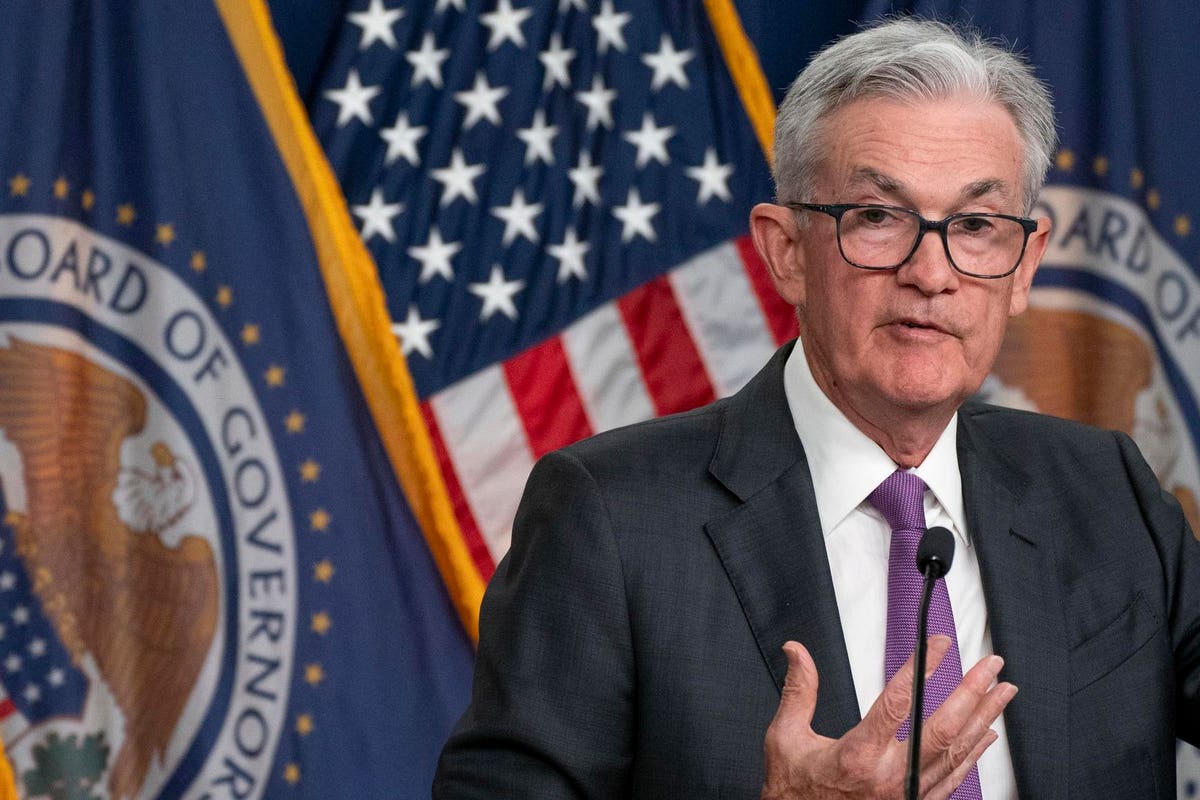The Federal Reserve is not expected to alter short-term rates from their current 5.25%-5.5% level at the next rate announcement on September 20. However, the projections and press conference associated with the meeting will be help signal whether rates could be increased at one of the remaining two Fed meetings of 2023.
Summary of Economic Projections
The September meeting will disclose the latest Summary of Economic Projections from Fed decision makers. This includes a set of forecasts for year-end interest rates. For 2023, this will signal where policy makers see rates going at the November and December Fed meetings.
In June’s forecast most policy makers were forecasting at least one more rate hike in late 2023 (that’s in addition to the rate hike that occurred in July). Since then, with no update to the projections, which only occurs after every two Fed meetings, some Fed statements have downplayed the certainty of another hike, making any rate move dependent on whats revealed by incoming economic data.
The market’s current assessment, according to the CME Fedwatch Tool is around a 1 in 3 chance that we see another hike in 2023. Both the projections and comments from Fed Chair Jerome Powell at the press conference following September’s rate announcement will help guide markets as to just how likely another 2023 rate increase is.
Incoming Data
Despite statements and forecasts from the Fed on September 20, it’s likely the Fed won’t be sure of its moves during the final meetings of 2023. That’s because so much hinges on incoming economic data.
We are generally seeing disinflation in the U.S. currently, as inflation cools from high levels of past years. However, the Fed’s annual inflation target is 2%. That still appears some way off. If upcoming inflation reports signal that inflation isn’t falling fast enough, the Fed may be tempted to move up interest rates, perhaps one final time for this cycle. The Fed is watching services prices and the housing market in particular for clues here.
However, on the other hand, we’ve seen some degree of softening in the jobs market. As much as the Fed wants to beat inflation, they don’t want to exacerbate a potential U.S. recession, should one occur, especially if inflation is trending down anyway.
There are risks too from the current automotive strike, the writers’ strike, the resumption of student loan payments and perhaps even a government shutdown. These could all slow the growth of the U.S. economy over the coming months. However, for now estimates for Q3 GDP growth are robust.
What To Look For
Markets don’t expect any move in interest rates on September 20. However, beyond that key decision, the projections and press conference statements from Powell will contain strong hints as to the Fed’s current thinking for the final two 2023 decisions coming on November 1 and December 13. For now, another 2023 interest rate hike is looking less likely, but it remains possible.
Read the full article here













Leave a Reply